Modern offsite: Safer, faster, greener, cheaper?

Luke Osborne
Energy and Emerging Technologies Solutions Advisor

Offsite construction looks set to become a key mechanism for delivering projects of all sizes in the present and future.
By ‘offsite’, we mean the planning, design, fabrication and assembly of building elements at a location other than their final installed location, to support the rapid and efficient construction of a project. It is sometimes also referred to as ‘offsite manufacturing’.
A recent ECA survey of businesses in the electrotechnical and engineering services industry has revealed that, as well as speed and efficiency, offsite construction can offer a range of other benefits to industry and society.
Broadly, these can include improved health and safety outcomes, increased productivity, a smaller carbon footprint and reduced operational costs.
The sector survey was held in partnership with CIBSE and SELECT, to establish the extent to which the sector is engaged with offsite manufacturing and the future opportunities which may exist in the industry.
Benefits and barriers…
Respondents work across the multi-billion pound electrotechnical and engineering services industry. The survey was held during May 2019 and received 135 responses, many from larger businesses in the sector.
Almost two thirds (61 per cent) of survey respondents reported increased productivity, and nearly one in two (47 per cent) reported enhanced employee safety. More than half saw improved quality of work (57 per cent), reduced operational costs (59 per cent) and less project downtime (55 per cent).
Many respondents (43 per cent) also experienced a reduction in their carbon footprint – an increasingly important performance indicator for UK businesses in light of the Government’s commitment to ‘net zero’ carbon emissions by 2050.
However, the biggest barriers to carrying out offsite manufacturing were identified as a lack of suitably skilled staff and a high level of ongoing investment.
Despite these barriers, the vast majority (81 per cent) of businesses agreed that offsite manufacturing will offer them new commercial opportunities in the future.
Significantly, 42% of larger businesses (those with turnover of £5m plus) said that they would be using offsite construction within five years, in part due to requirements from their buyers.
The big picture
Many early-adopters who have embraced this way of working are already reaping some of the benefits above, and the UK has developed the Construction Innovation Hub and is actively funding innovative developments in the field.
ECA will continue to track progress in our sector towards offsite manufacturing and provide regular updates on the state-of-play in this increasingly important area.

Luke Osborne
Energy and Emerging Technologies Solutions Advisor
Luke joined ECA's technical team in 2018. Luke completed a mechanical and electrical apprenticeship with the Ford Motor Company in 1997 and has since held many technical roles, from site engineer to development engineer and global support. Following completion of an engineering degree with a specialisation in sustainability, Luke ran his own renewable energy installation company, with a particular focus on solar.
Related Articles
Unlocking the Value of Employee Wellbeing
A Beacon of Support: The Electrical Industries Charity
ECA Member and Barrow Raiders encourage next generation
Samantha Jones: Making Strides in the Electrical Industry
Electrifying the elections!
Public sector PQQs look to the CAS
The Electrical Industries Charity on managing money and debt
EuropeOn: Martin Bailey’s outlook for 2023
GRP in Railways, by Mita
Recognising the amazing women in the security sector
A festival of electrification!
Why choose Private Medical Insurance?
Meet the latest updates to ElectricalOM
Q&A with Catherine Heaton
10 minutes with Martin Bailey, President of EuropeOn
Lessons from the EuropeOn General Assembly
Why buy PMI?
Social Value: an interface for the future
How can partnerships give you a competitive advantage?
Reflections on 2021
Electract attends first ECA Large Contractor Forum
Electrical Safety in the Net Zero home
Is social media the new way to plug the gender skills gap?
#NAW2021: “Undertaking an electrical apprenticeship was the best decision I ever made”
West&West Ltd: Apprentices are the future of our business
Wellbeing resources for a healthier Christmas
How Red Arrow transformed their business
The importance of Movember
Modular housing: new methods for new challenges
EDATA, ecommerce, and the pandemic
Mission: Compliance, with West & West Ltd
Managing the pressures of the electrical industry
How will electricians evolve after COVID?
Celebrating women in engineering
A second chance: employing ex-offenders
Three ways to stop tool thieves in their tracks
Are you up to date with ECAtoday?
ECAtoday is the official online magazine of ECA and reaches thousands of people within the electrotechnical and engineering services industry.
Copyright © 2024 Electrical Contractors Association Ltd









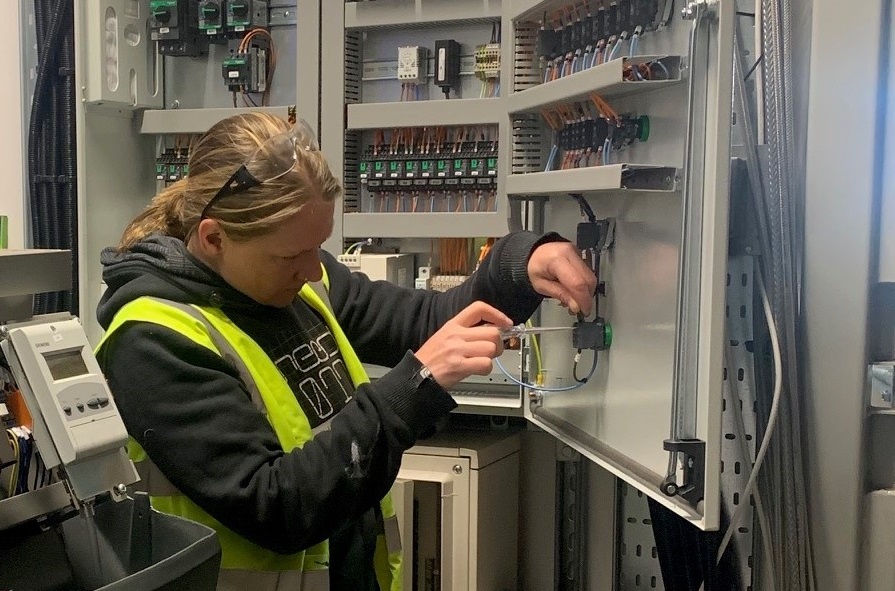




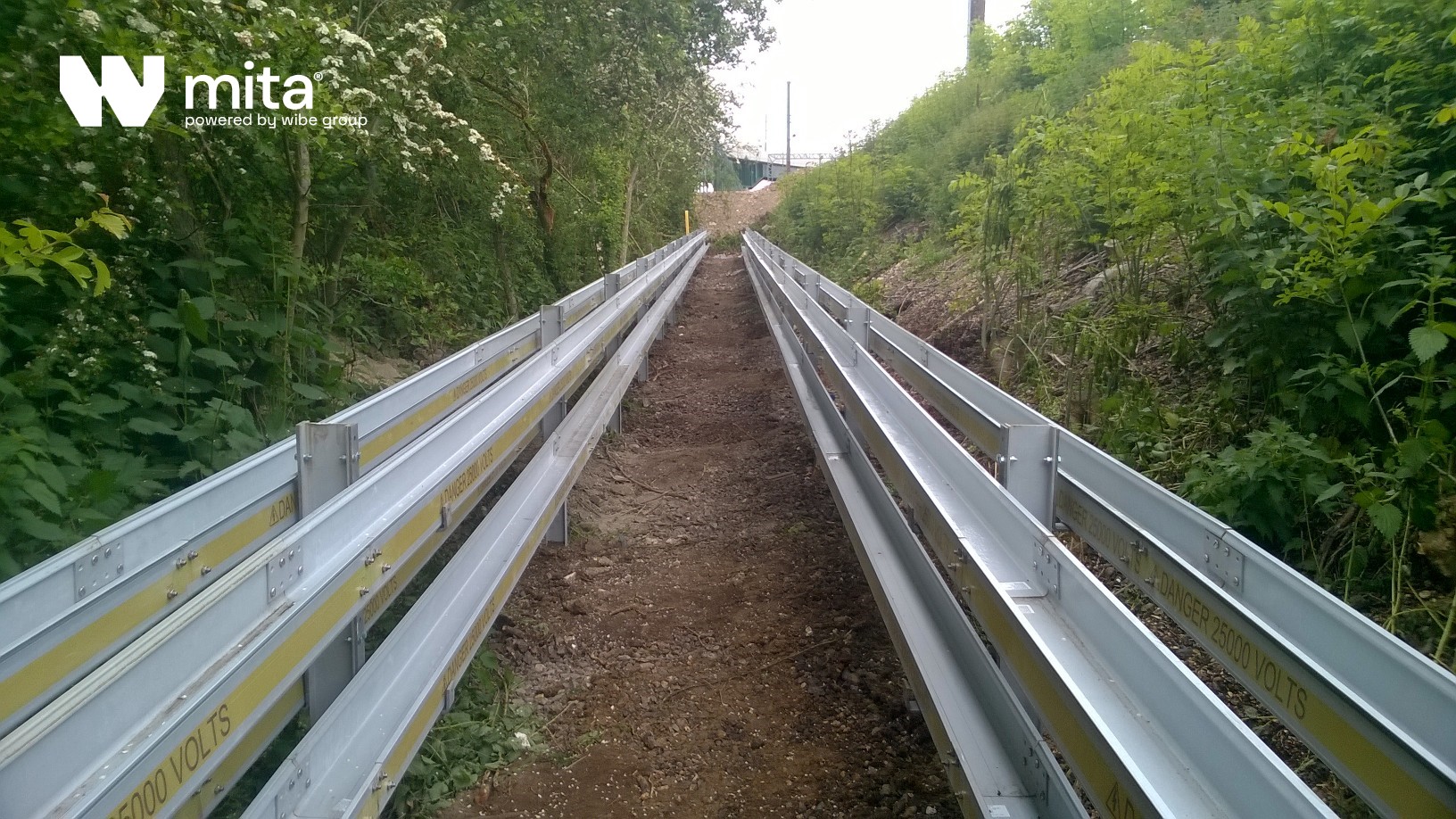




.jpg?width=500&height=350&ext=.jpg)

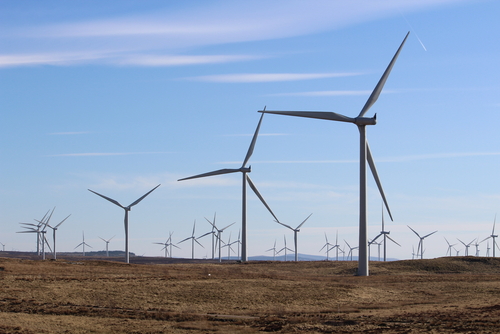



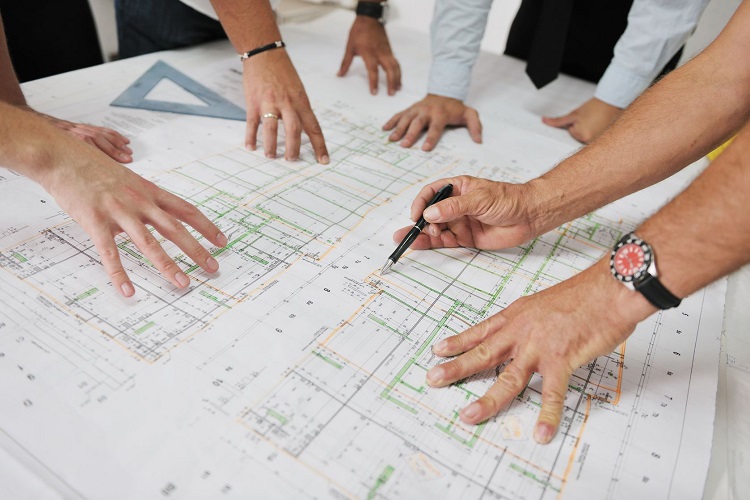

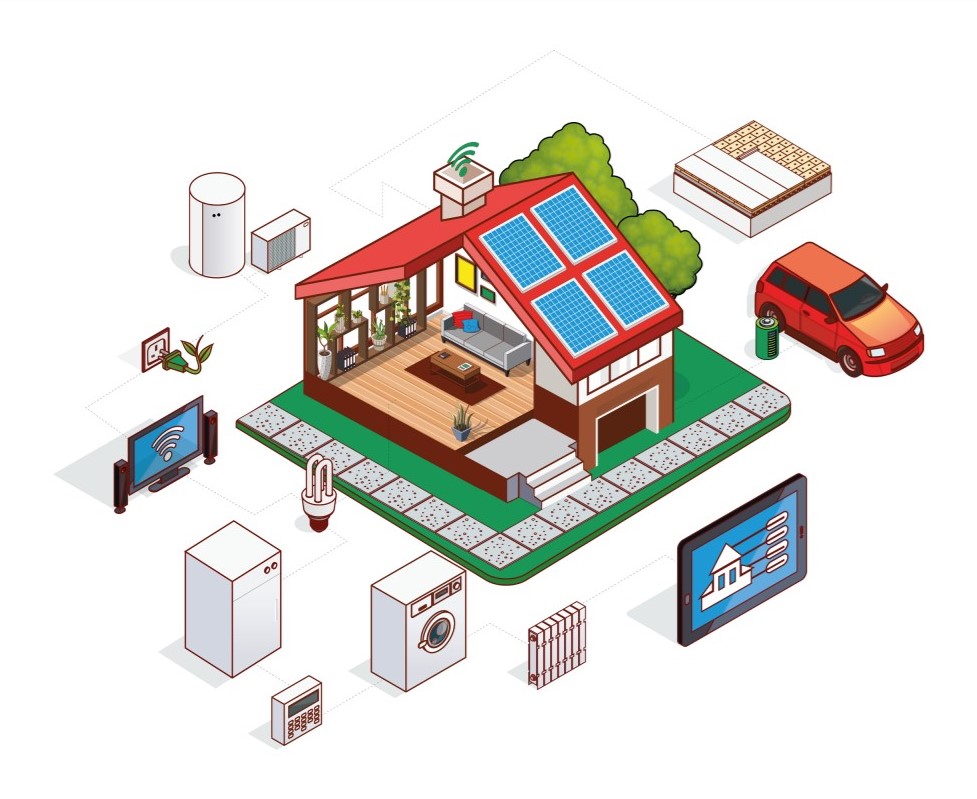

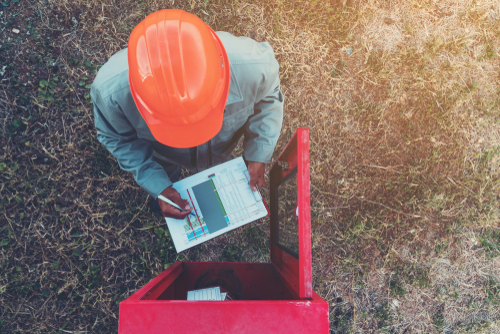

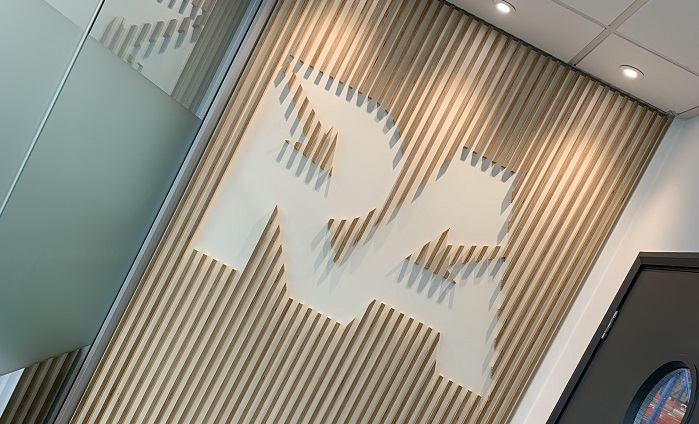

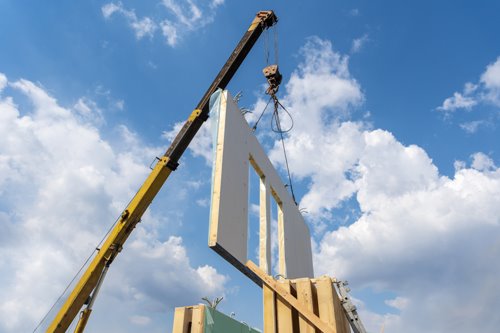



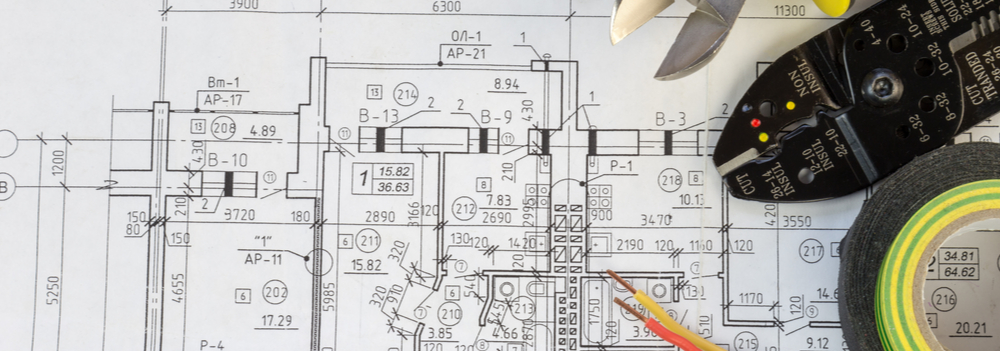
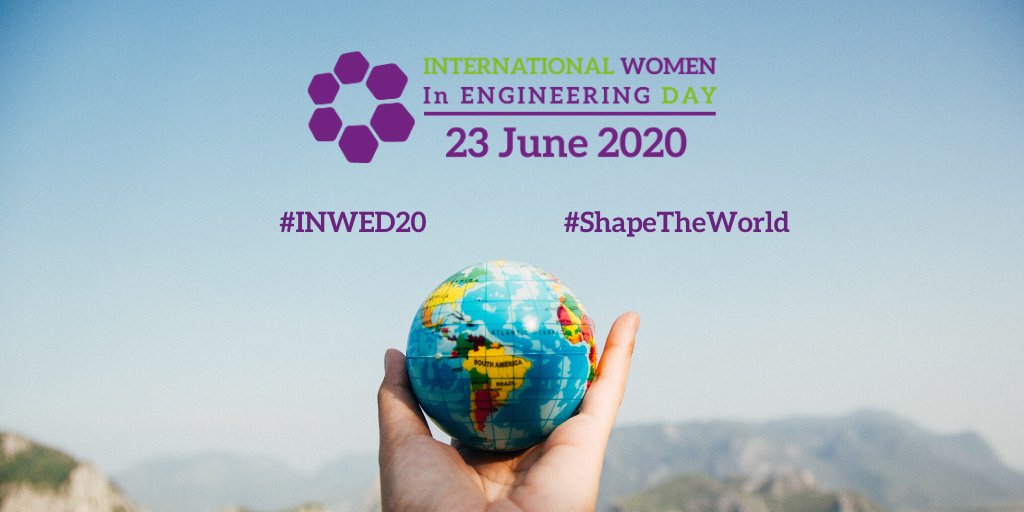

.jpg?width=1000&height=667&ext=.jpg)
